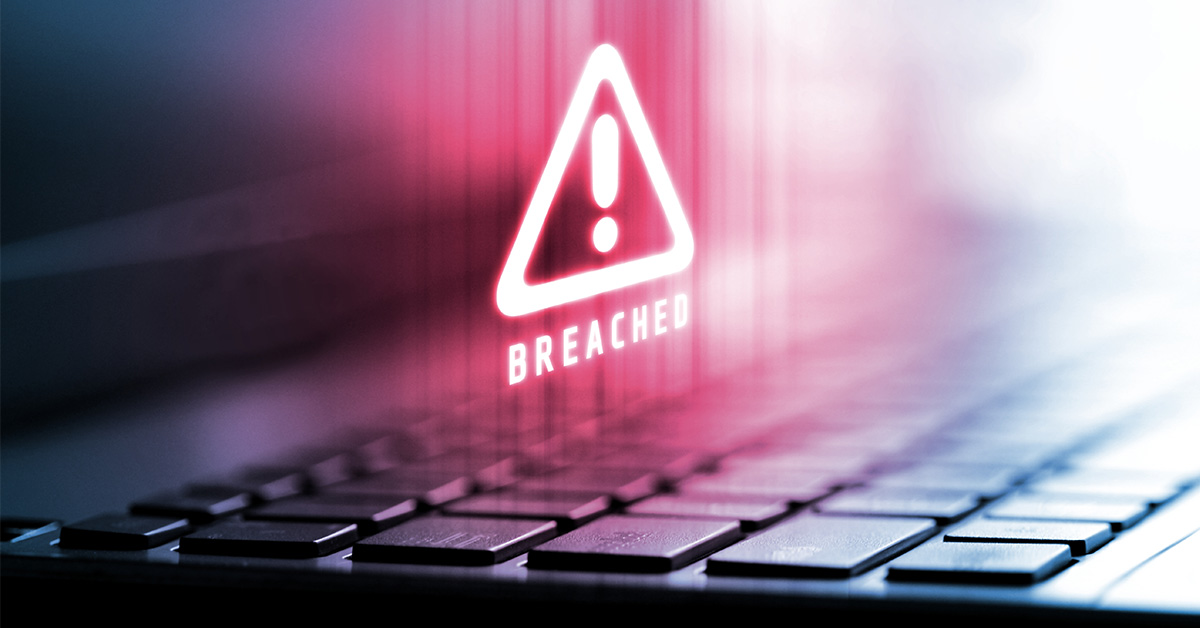For years now, multi-factor authentication (MFA) has been at the top of the cybersecurity best practices list. MFA has proven to curb data breaches due to compromised credentials (usernames and passwords), and according to Microsoft, 99.9% of cyber-attacks on company accounts are preventable with properly deployed MFA. This is a statistic no business leader can afford to ignore.
Mark Benton

Recent Posts
Have you noticed consumer and business sites including mobile applications requiring multiple steps to verify who you are? Perhaps you’ve set up a multi-step verification method to access your bank or personal email account? This security measure is growing in popularity as most data breaches today begin
Like many of you, we are working remotely as a company following the declaration of the COVID-19 national emergency. As previously stated, Systems Engineering is well prepared to continue working and supporting our customers during this time. As expected, the morning began with higher than usual support request volume. Many customers began their work from home experiences for the first time, and we were able to get them up and working along with our regularly scheduled services.
When it comes to managing networks, businesses often fall victim to assumptions and oversights. The reality is that the protection of information and applications is always evolving and, as criminals find new ways to exploit weaknesses, it's tough to stay one step ahead.
In 2022, a total of 62 million tons of e-waste was generated worldwide, which is enough to fill 1.55 million 40-ton trucks. This amount of waste would be sufficient to encircle the equator if the trucks were arranged bumper-to-bumper. The United States alone contributed a staggering 7.2 million tons of this waste.
This month, Microsoft began the transition to a new customer agreement, which replaces the core terms for all Microsoft customers. Their goal is to improve the purchase experience to better support all customers. They also had some important security-related reasons for the change, including;
Microsoft recently announced a pair of Windows 10 Remote Code Execution vulnerabilities, CVE-2019-1181 and CVE-2019-1182. These vulnerabilities allow cybercriminals to obtain remote control of a computer over a network connection. Microsoft discovered the vulnerabilities during routine testing of Windows 10, which allowed them to publish the required security updates and notify the public at the same time.












